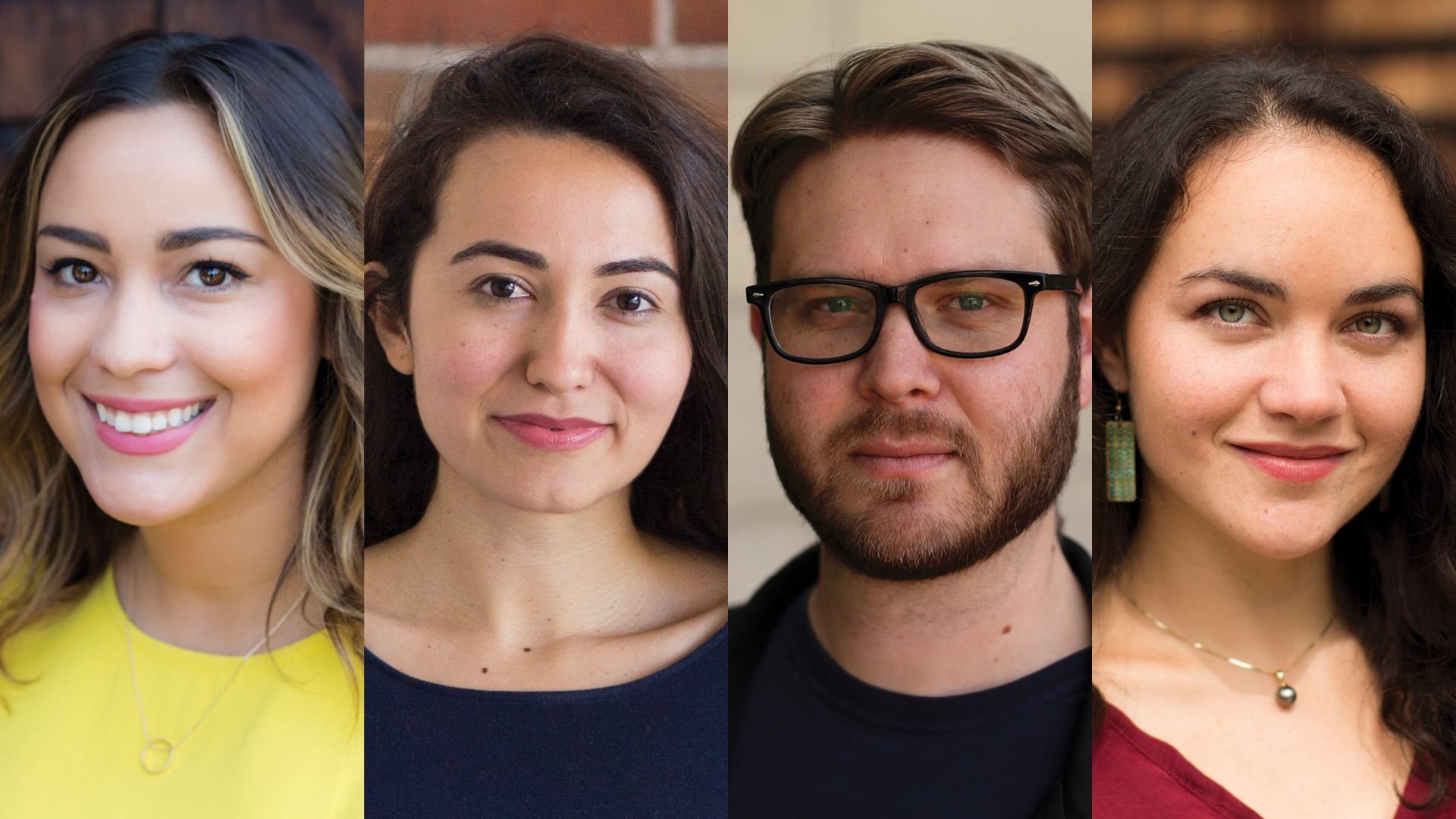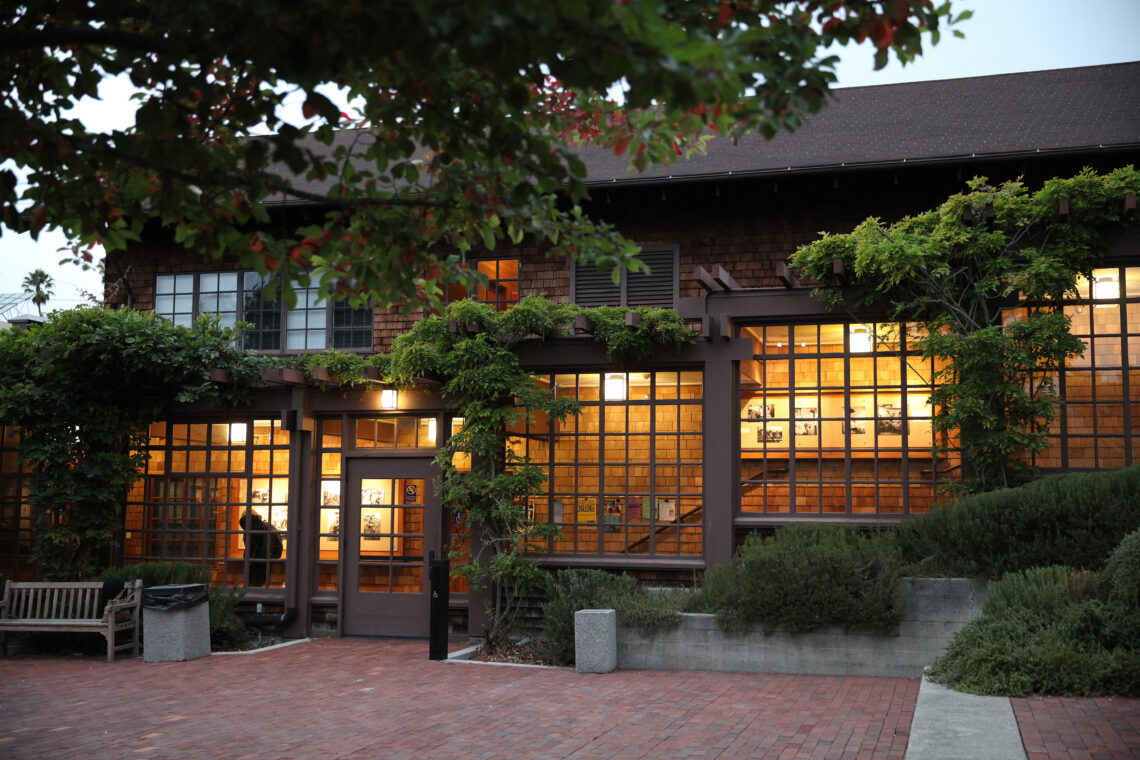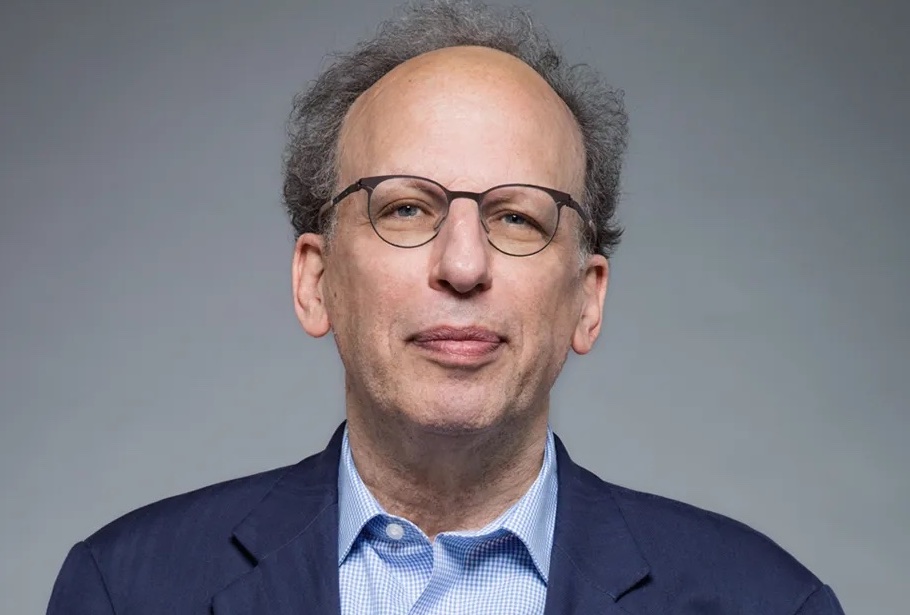
Karla Caraballo-Torres, Sarah Cahlan, Lucas Guilkey and Lorin Eleni Gill.
The British Academy of Film and Television Arts (BAFTA) has announced the shortlist for the 2020 BAFTA Student Film Awards. Four of the nominees are 2019 graduates of Berkeley’s Graduate School of Journalism, a record for the School.
Sarah Cahlan was nominated for “TheirStory,” exploring assumptions about gender roles in prehistory anthropology scholarship; Karla Caraballo-Torres and Lorin Eleni Gill were honored for “School Crossing,” on the humanitarian crisis in Venezuela and its impact on educating the country’s children, and Lucas Guilkey for “What Happened to Dujuan Armstrong?” about a mother’s quest to find out why her son died in an Alameda County, Calif., jail.
The three honored films were among 20 documentaries shortlisted in the competition, which drew 691 entrants from across a broad swath of categories in 35 countries across the world.
“It’s so gratifying to see these films honored by BAFTA, one of the premier film institutions in the world,” said Edward Wasserman, dean of Berkeley Journalism. “We couldn’t be prouder to see these promising directors and their strong and eloquent works celebrated in this way. I’m sure it’s just the beginning for them all.”
Two of the nominees studied long-form video, and two focused on documentary film.
Filmmaker Carrie Lozano, who co-led the Berkeley doc program in 2018-2019, said, “Cahlan’s and Guilkey’s films demonstrate the artistic range and journalistic depth of Berkeley’s documentary program. Their originality and revelatory storytelling ensure that they’ll be screened for years to come.”
Said Andrés Cediel, who taught Caraballo-Torres and Gill: “Karla and Eleni’s compassionate portrait humanized a massive tragedy, and allowed the viewer to feel the urgency and daily struggle faced by families and children. By placing us at the scene, with context and reporting, they engaged both our hearts and our minds.”
“This is a great honor, and I hope this recognition helps bring attention to those incarcerated in jails, prisons, and detention centers—as well as their families—who are more vulnerable than ever due to the coronavirus pandemic,” said Lucas Guilkey. “Barbara Doss is still grieving and engaged in a civil lawsuit on behalf of her son, Dujuan, and every step of the way my thoughts are always with her. I hope this film will allow more people to know Dujuan’s name and bring much more accountability to the sheriff’s departments that run county jails.”
Said Sarah Cahlan: “I studied archaeology in college and never questioned the gender narratives we were taught. Though professors made it clear that nothing can be said definitively in this science—after all, our sources are dead—gender was assumed to be static.”
“As sources of both professional and personal support, I am grateful for my classmates, especially Bo Kovitz, and advisors who helped me bring to life this untold story of women in the past,” Cahlan continued. “I hope the recognition of the film will allow others to see that gender in history is not rigid. For those whose present has been defined by an incomplete past, I hope this film is a way for them to reclaim it and preserve it for the future.”
“This film was really close to my heart because my family is from Venezuela and many of them are still there suffering through the crisis everyday,” said Karla Caraballo-Torres. “With the help of classmates and invaluable guidance from advisors like Andrés Cediel, Eleni and I were able to find the story of children crossing the border everyday just to get an education. It was so humbling to witness the plight of thousands of Venezuelan refugees. We are honored to see their stories recognized with this nomination.”
“The schooling of an entire generation of Venezuelan children,” Eleni Gill said, “has been affected by the country’s ongoing economic crisis. This nomination is a great honor and highlights their stories—a reminder that education is a critical ripple effect of the political turmoil that’s lasted more than six years.”
Each of these films has already gotten traction on the festival circuit. “TheirStory” premiered at the Mill Valley Film Festival, was an official selection at the Video Consortium and The Archaeology Channel International Film Festival, and was a finalist for the Black Maria Film Festival. It also won the North Gate Award For Excellence in Documentary Production and was nominated for Best Documentary in the student category at the Annual Copenhagen Film Festival.
“School Crossing” premiered at the Immigration Film Fest in Washington, D.C., and was an official selection at the San Diego Latino Film Festival, Miami Independent Film Festival and the Independent Short Awards in Los Angeles, where it received the silver award for Best Documentary Short. The Indie Short Fest in Los Angeles, a sister competition, also named it Best Documentary Short. It also received the Best Film award at the DOCUMENTARY Film Feedback Festival in Toronto and award for Best Director at the NYC Short Documentary Film Festival. The film also received the Alfred Hopkins Award for Reporting in Latin America from Berkeley Journalism.
“What Happened to Dujuan Armstrong?” won the North Gate Award for Excellence in Documentary Production and was nominated for a Social Impact Media Award (SIMA) in 2020. It has screened at the Oakland International Film Festival, the United Nations Association Film Festival, the (In)Justice for All Film Festival in Chicago (where it won a Special Recognition award), the Justice on Trial Film Festival in Los Angeles (where it won Best Short Documentary), the March on Washington Film Festival in Washington, D.C. (where it won Best Student Documentary), and community gatherings throughout the Bay Area.
This is the third year students at Berkeley Journalism have been recognized in the BAFTA Student Awards. In 2018, Brad Bailey’s film “Hale,” about Hale Zukas, the grandfather of the disability movement in Berkeley, was one of three finalists for Best Documentary. In 2017, Daphne Matziaraki won not only BAFTA’s Student Award for Documentary but also the Special Jury Prize for her work “4.1 Miles” on the refugee crisis in her native Greece.
Directors on the shortlist will be invited to a series of online events during the next four weeks, including speed networking sessions with industry guests from BAFTA’s membership, a panel on U.S. film festivals, and a panel on the subject of representation, co-produced by Inner Voice Artists. All of the filmmakers on the shortlist are given the opportunity to join BAFTA’s New Talent programs, which includes year-round access to online events.
A BAFTA panel will review the shortlisted films, and three finalists will be announced on June 16.



